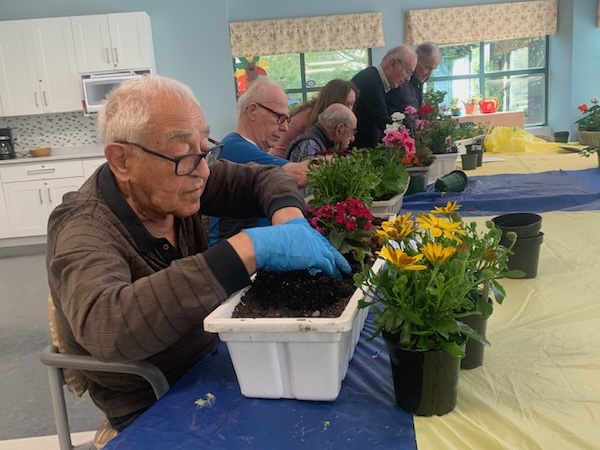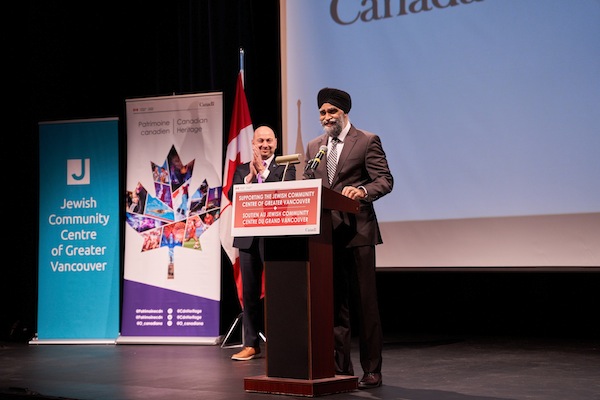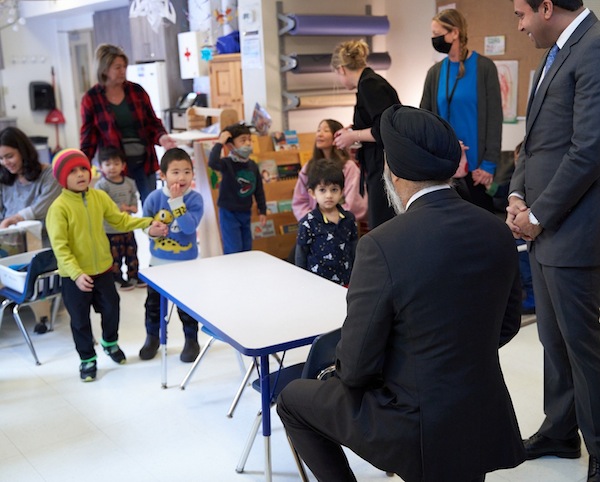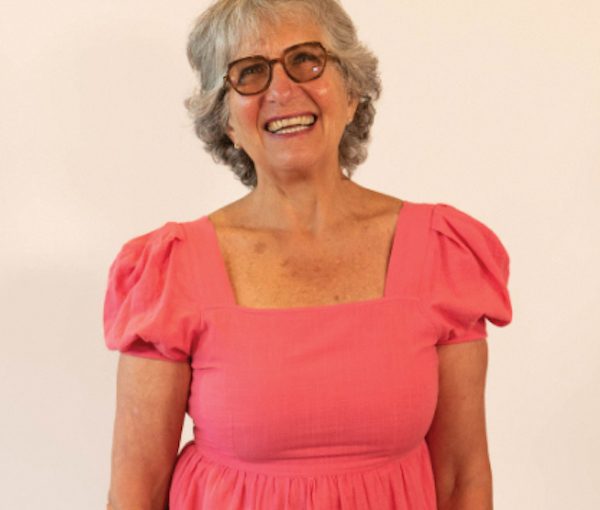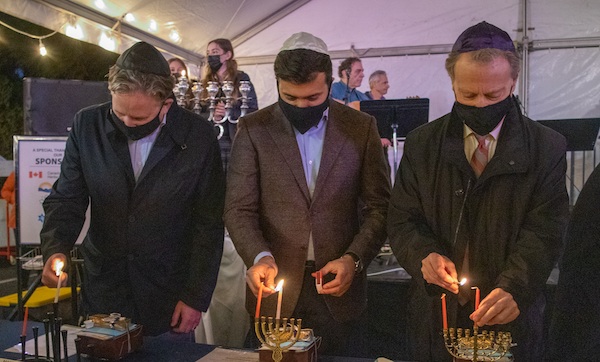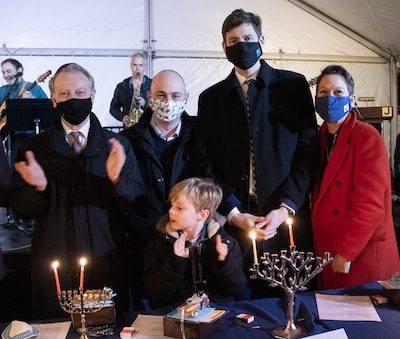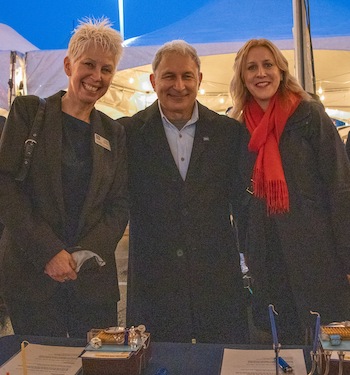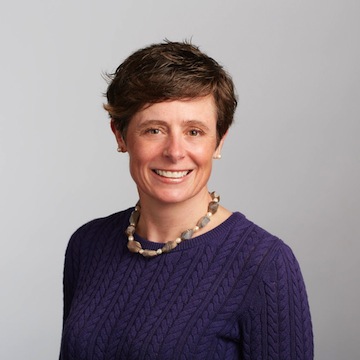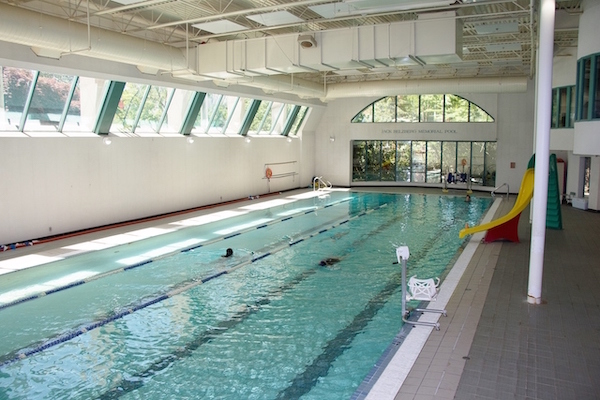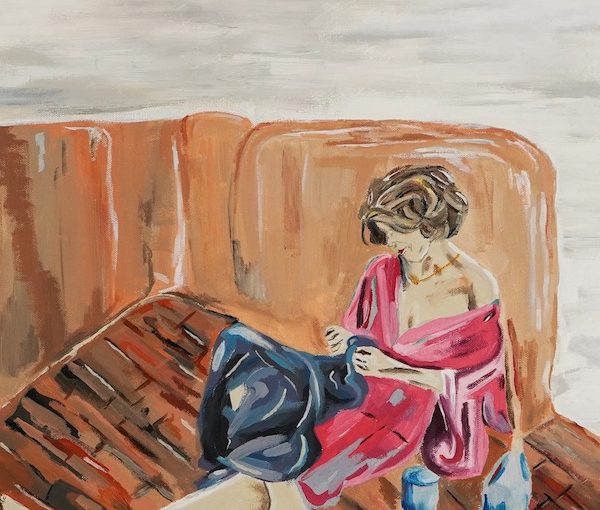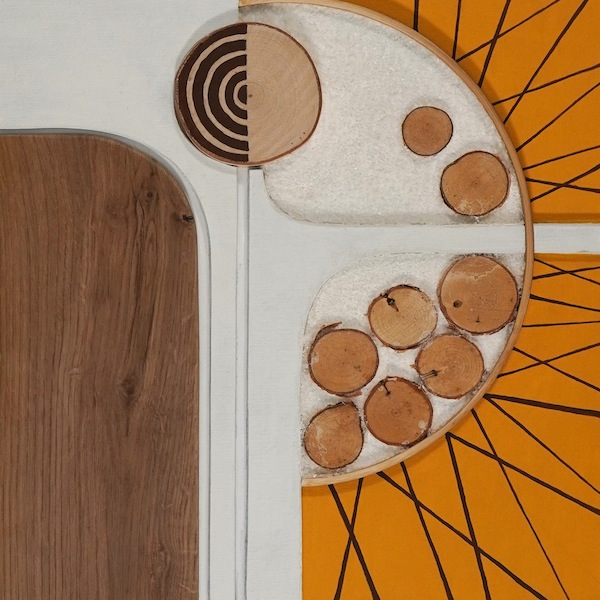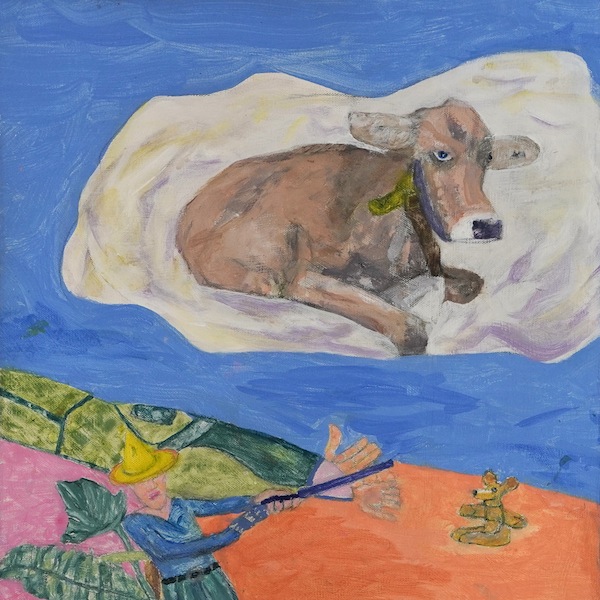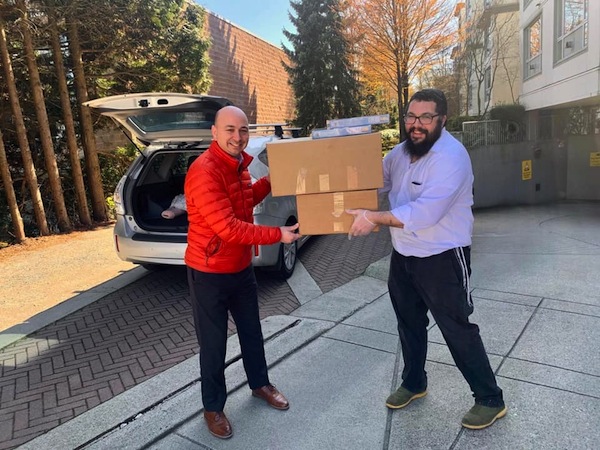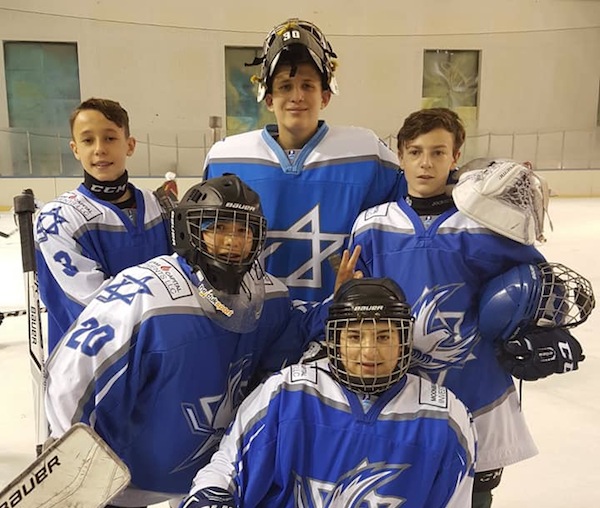L’Chaim Adult Day Centre is now open five days a week. (photo from L’Chaim)
L’Chaim Adult Day Centre has received funding from Vancouver Coastal Health to expand its program. It can now offer its services to frail senior citizens in the community on a five-day-a-week, 16-clients-per-day basis.
L’Chaim first opened its doors on Sept. 14, 1985, in the Maccabee Room of Beth Israel Synagogue. At first, L’Chaim operated only one day a week and was run completely by volunteers. A project of the National Council of Jewish Women and the Jewish Family Services Agency, it was able to secure funding from the Jewish Community Fund and Council, as well as NCJW.
Soon afterward, a committee was formed to secure funding from the BC Ministry of Health, which allowed the program to operate two days a week. Ten years later, L’Chaim moved to the Jewish Community Centre of Greater Vancouver, thanks to a $400,000 grant from the BC government, which enabled the JCC to renovate the premises to meet L’Chaim’s needs. On April 1, 1996, L’Chaim opened at the JCC and, since then, it has been operating three days a week, serving 13 clients a day.
As the Jewish population has grown and aged, the number of clients seeking L’Chaim’s services has increased. Unlike other adult day centres in Vancouver, L’Chaim has a cultural mandate to accommodate Jewish seniors who live outside Vancouver’s geographical boundaries, but prefer to frequent L’Chaim precisely because of the Jewish component of its activities. This has not precluded the intake of seniors in the area who, though not themselves Jewish, want to attend L’Chaim because of its cultural programming and level of care, but demand has been greater than L’Chaim can service and the wait list and wait times are long.
With the recent expansion, under the supervision of L’Chaim’s trained activity specialists, more participants will be able to benefit from the variety of programs offered, including exercise sessions, discussion groups, live entertainment, expressive art and garden therapy, games, and day trips into the community. Participants receive a culturally and nutritionally appropriate meal prepared fresh daily, consisting of a three-course kosher lunch tailored to their dietary needs. As well, L’Chaim has a nurse on the premises who supervises medications, monitors participants’ health status and other aspects. Of course, Shabbat and Jewish holidays are occasions for special celebrations, often in conjunction with other stakeholders and programs at the JCC.
“Old age,” as Tennyson wrote, “hath yet his honour and his toil,” and the longer people can stay at home surrounded by loved ones and visit those places that have become familiar, the better off we all are. L’Chaim is honoured that it can provide care and comfort to the frail elderly and thereby offer support to their relatives and caregivers. Anyone who goes by the JCC will see that it is a hub of activity and being located within its walls makes L’Chaim all the more vibrant. Relatives can drop off their loved ones and take advantage of JCC activities; L’Chaim clients can see people they know who drop by the office.
Now that L’Chaim has obtained funding to expand its services, it looks forward to growing from strength to strength, and this will require time and money. Fortunately, L’Chaim has an active board of committed individuals, as well as day-to-day onsite volunteers, who aid its director, Leah Deslauriers.
Deslauriers was hired by the JCC as the seniors program coordinator shortly after she graduated from the gerontology program at Simon Fraser University. In 2008, she started overseeing L’Chaim, when their administrator went on vacation, and she left her position at the JCC and became the director of L’Chaim in 2017. The position includes intake, fundraising and strategic planning, and it is in large part due to her accomplishments that L’Chaim now embarks on the next stage in its development.
L’Chaim benefits from the financial support of the Jewish Federation of Greater Vancouver, several Jewish foundations, and the donations, large and small, of many friends and supporters. To all of them, L’Chaim is grateful.
To see if you or your loved one is eligible for L’Chaim’s services, contact the home and community care office in your local health authority or get in touch with Deslauriers by calling 604-638-7275.
– Courtesy L’Chaim Adult Day Centre

